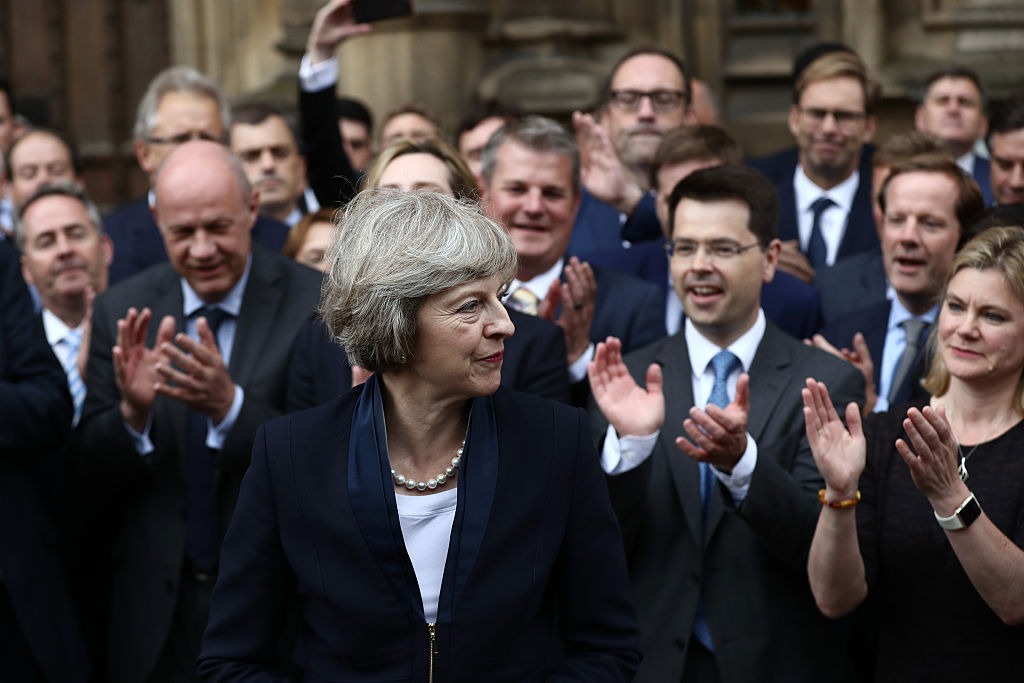At midnight, we won’t have any MPs. The dissolution of Parliament means that no-one who has sat on the green benches of the Commons for the past two years has any official status above their fellow candidates in the General Election. Some will return victorious for another five years (or until another advantageously early election). Some have decided that it’s time to go. Others will find that their local electorates have decided it is time for them to go.
Elections are exciting for the political world. They activate a gene in politicians that the rest of us fortunately do not possess, which makes them enjoy six weeks of trying to save their jobs, or fighting again in a seat where they were turfed out only a few years before. A biological predisposition is the only possible explanation for people willingly putting themselves through the insecurity, lack of sleep and damage to personal finances and relationships that an election entails.
But these times of year are also sad, because they involve good public servants leaving Parliament, either of their own accord or unceremoniously. In 2015, after watching ex-MPs scuttling in and out of the estate as they tried to clear their offices without bumping into anyone, I wrote about how the one thing sadder than an ex-MP was one who’d never made their mark on Parliament while they were there. A few more of those types will be leaving Parliament for the last time this week.
How does an MP make their mark on Parliament? It doesn’t need to be by being promoted to working as a minister, though our political culture makes being a member of the executive far more prestigious than one who takes their duty as a member of the legislature seriously. Some focus all their time on local campaigns and constituency issues, saving people from deportation and trying to change policy after local or personal tragedies. Others become embroiled in foreign policy, campaigning for the lives of people in Syria, as Jo Cox did in her short time in Parliament. Some (few, in fact) become serial scrutineers, objecting to bills which are poorly-written and have unintended consequences. There is no job description for an MP: we elect people who we believe are smart enough to work out for themselves what the best thing to do is. Generally, though, it is accepted that an MP is elected to represent their constituents, to hold the government to account, and to scrutinise laws.
The problem is that some of the advice that MPs receive about how best to do their job is pretty duff. It’s not just the voters who expect them to be sitting in the House of Commons Chamber for hours, achieving absolutely nothing but visible to the cameras. It’s also the party apparatus, which encourages them to keep their heads down even when bad bills are moving through Parliament, and to waste the time that they do spend in the Chamber by asking Utterly Pointless Questions.
Over the past few months I’ve been following these Utterly Pointless Questions, in which an MP seeks only to suck up to their bosses and prevent a decent question being asked by taking up Commons time, in a blog. There are some repeat offenders – mostly backbenchers from the 2015 intake who want a job and are happy to undermine their own fantastic credentials from outside politics by telling the Prime Minister that she is ‘amazing’. Some are experienced enough to know better, yet squandered their final chance to do their job as a backbencher in holding the government to account before leaving Parliament by asking questions about how great Theresa May is.
Why does this matter so much? Prime Minister’s Questions is a tribal affair, used as much as a way of rallying the troops behind the Despatch Box as anything else. But clever MPs can ask polite questions which still fulfil a better job description than that of Junior Brownnose. Take this question from Conservative MP Maria Caulfield on 19 April:
‘May I welcome the fact that, because the Conservatives have managed the economy so well, there is record school funding this year? East Sussex, for example, has some of the best performing schools in the country, and they are set to receive an increase of three per cent. However, in Lewes, in my constituency, many of my small rural primary schools are set to see a reduction. Will the Prime Minister guarantee that she will look at the issue of rural primary school funding so that we can even out the distribution of money?’
Caulfield has managed to flatter the Prime Minister, raise a constituency issue, and demand a change in policy. She is not deliberately causing trouble here. She’s just doing her job, and doing it in a smart way. When I first met her after her election in 2015, Caulfield told me that as a nurse, she found the number of MPs who had been to university rather intimidating. The way she has conducted herself here shows that spending three years wandering under dreaming spires is absolutely no guarantee of a decent Parliamentarian.
The Burn Book blog only includes Conservative MPs because only backbenchers in the governing party are able to suck up to the government. But were we under a Labour government, the list would be as long and the questions just as egregious. The more backbenchers there are in a governing party, the more willing couriers of these pointless questions there are likely to be. And here lies another reason why elections are sad for those who love Parliament: this one may make it easier for Theresa May to govern, but it is also likely to make the Commons a lot duller.







Comments